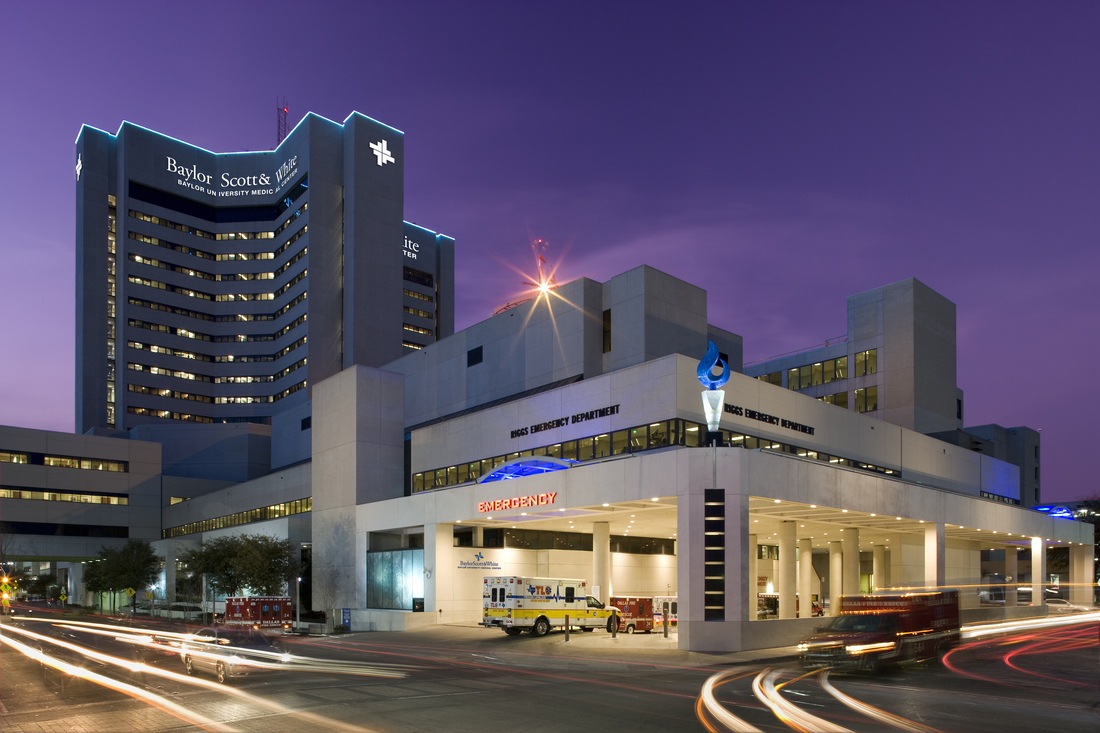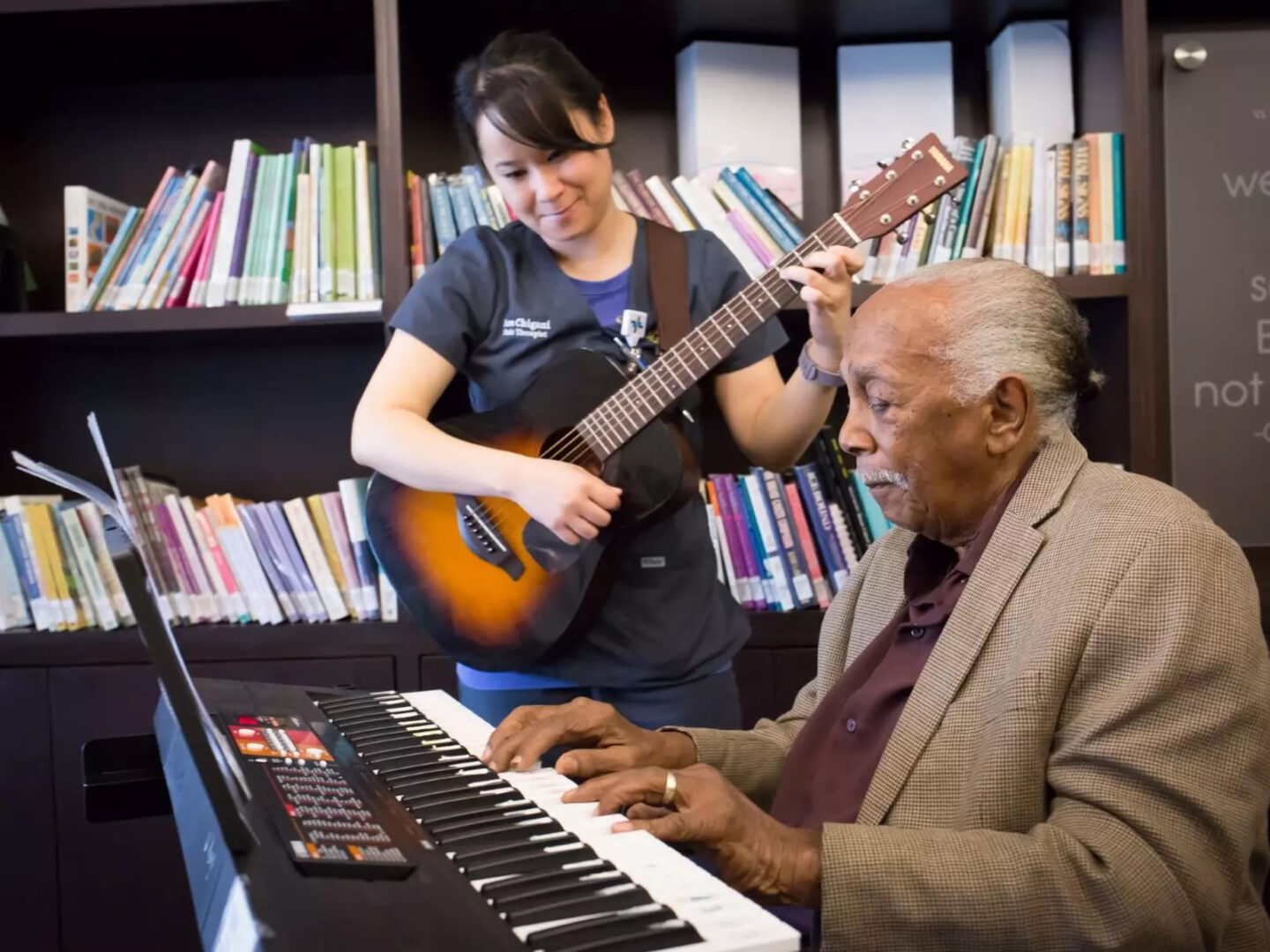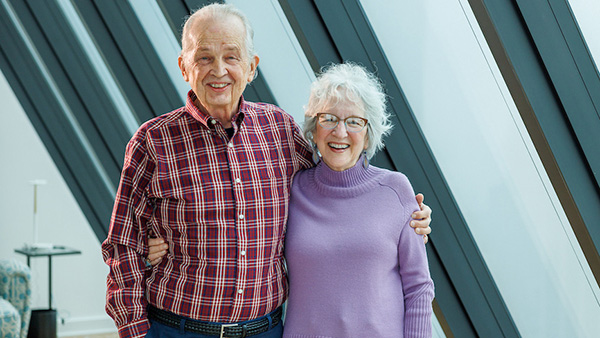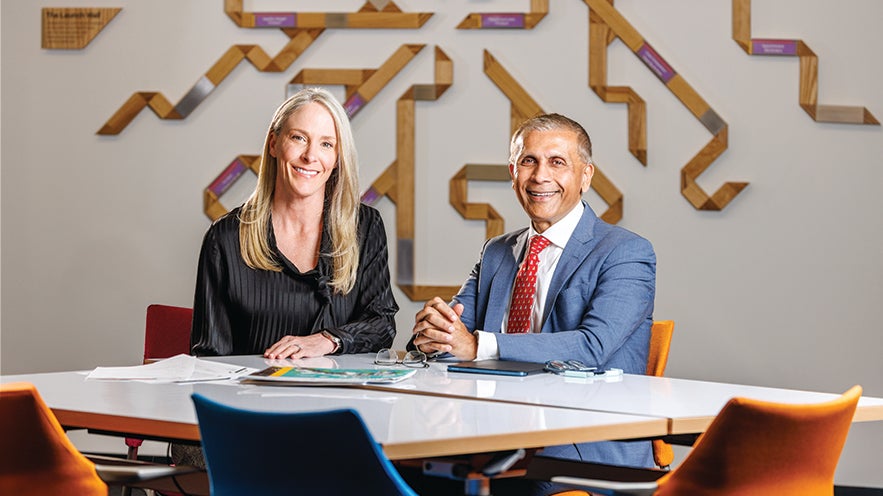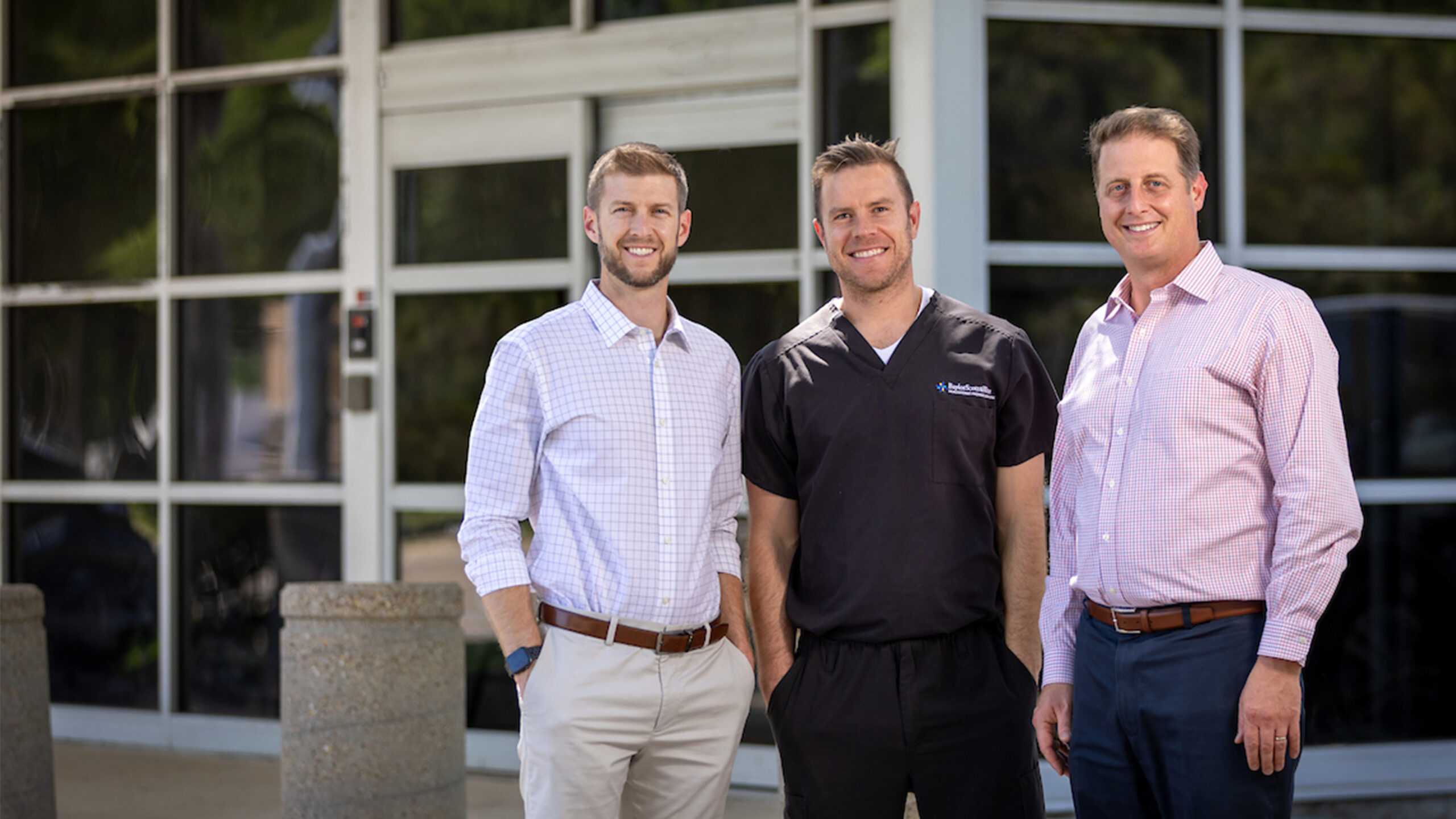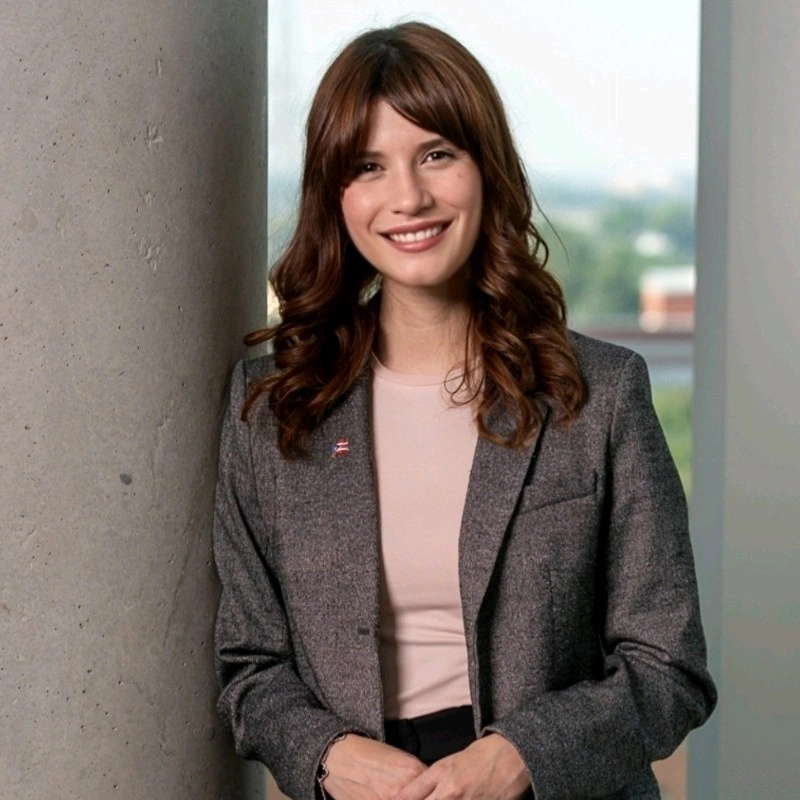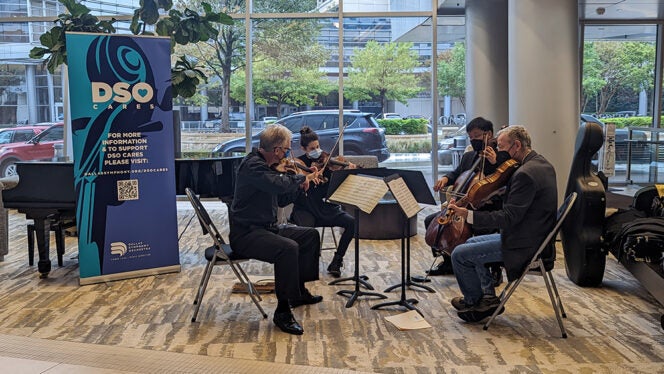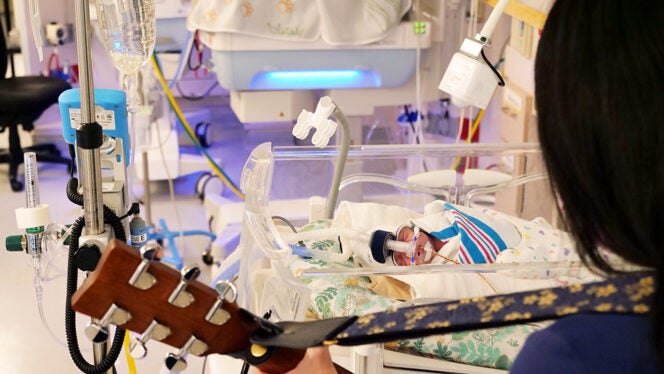Philanthropy changes lives and lifts communities through Baylor Scott & White Community Care Clinics.
Imagine having a chronic disease, no way to pay for your medication and no medical home to call your own. Your condition makes it impossible to work and provide for your family. You’ve lost your job, your car and you are uninsured. When your condition deteriorates, help from the emergency room is your only option.
This is the unfortunate reality for too many North Texans. But through a targeted solution that has demonstrated success since its inception in 2007, Baylor Scott & White Community Care Clinics are offering care to halt “rising risk” progression by providing proactive care to give people the tools to stay well—especially important for patients with one or more chronic conditions.
The approach has demonstrated success: Emergency department visits from the at-risk population that utilizes BSW Community Care Clinics are down, as is the average inpatient direct cost per person. Achieving goals of keeping people healthier, the clinics have attracted interest from a diverse range of philanthropists, whose support has allowed for further expansion of this model, helping the dedicated teams in BSW Community Care Clinics expand to deepen and broaden the services offered.
“It’s taking medical psychosocial complexity and partnering that with teams of people who have resources to change the trajectory of their life,” explained Jeffrey Zsohar, MD, medical director of BSW Community Care Clinics. Through seven clinics in Dallas, Collin and Tarrant counties, BSW Community Care Clinics provide care for 13,500 unique patients annually. Integrated care at the clinics includes behavioral health services, with licensed clinical social workers helping primary care physicians to address, diagnose and treat conditions including depression, anxiety, grief and other behavioral or mental health concerns.
Philanthropic support has allowed for an expansion of the model to include addiction services, offered through virtual appointments with licensed psychiatrists. Because patients with unmanaged or complex chronic disease often have underlying mental, emotional and behavioral health issues, the opportunity to help keep them healthier is great.
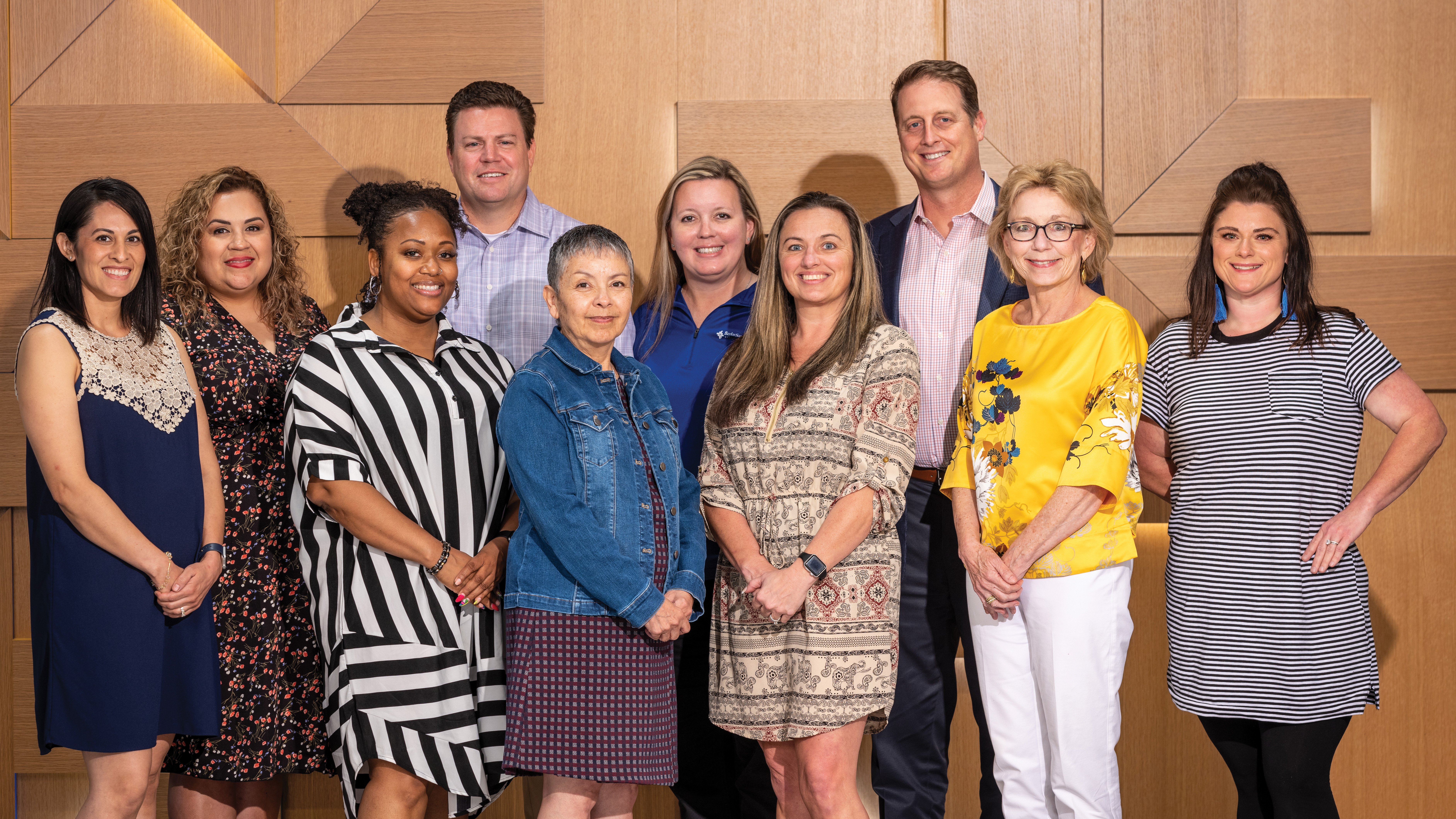
Generous support also now allows for patients of BSW Community Care Clinics to access additional care from local physicians who specialize in cardiology, ophthalmology, podiatry, nephrology, neurology, OB/GYN, pulmonary, hepatology or wound care.
Philanthropists E.T. and Carla Bradley chose to give to an endowment that helps to support the expansion of services offered through BSW Community Care Clinics. To see the model for themselves, the Bradleys met personally with Dr. Zsohar and toured clinics. At Baylor Scott & White CitySquare Clinic, they met with staff, including Dr. Schwab and Dr. McKinney, brothers-in-law who make providing care to the underserved their life’s work.
“The brothers-in-law told me they actually spend time getting to know the patient to find out how the person lives to offer up the best medical services that will make the most impact,” E.T. Bradley said. “These providers on the front line are the real rock stars.” “Doctors Schwab and McKinney are talented clinicians and very caring individuals, and feel that their role is not only to take care of patients but also to teach physician residents. These doctors in training gain experiences that change their understanding of disease and environment, and they will carry these lessons throughout their career,” Dr. Zsohar said.
The Bradleys were able to see first-hand the power the community has to leverage resources to effect change, Dr. Zsohar said. “It’s our duty individually to do what each of us can do. We can help where we can help, when we can help. Don’t just sit there and think about it; take some action!” Bradley said. “I’m not a doctor; I can’t go in there and do that work, but I can help financially.”
Gifts like the Bradleys and others made by generous donors have empowered dedicated clinicians to serve the underserved and homeless with compassionate care that seeks to improve individuals’ lives. Studies show the efficacy of the model, Zsohar noted: BSW Community Care Clinics have helped patients make improvements in disease-specific measures, go back to work and decrease emergency department usage—all of which inspires staff.
“This work is challenging, yet our clinics have incredibly high retention rates for physicians and staff. Our people want to keep doing this work,” Dr. Zsohar added.
For more information on how you can help support efforts at BSW Community Care Clinics, contact
